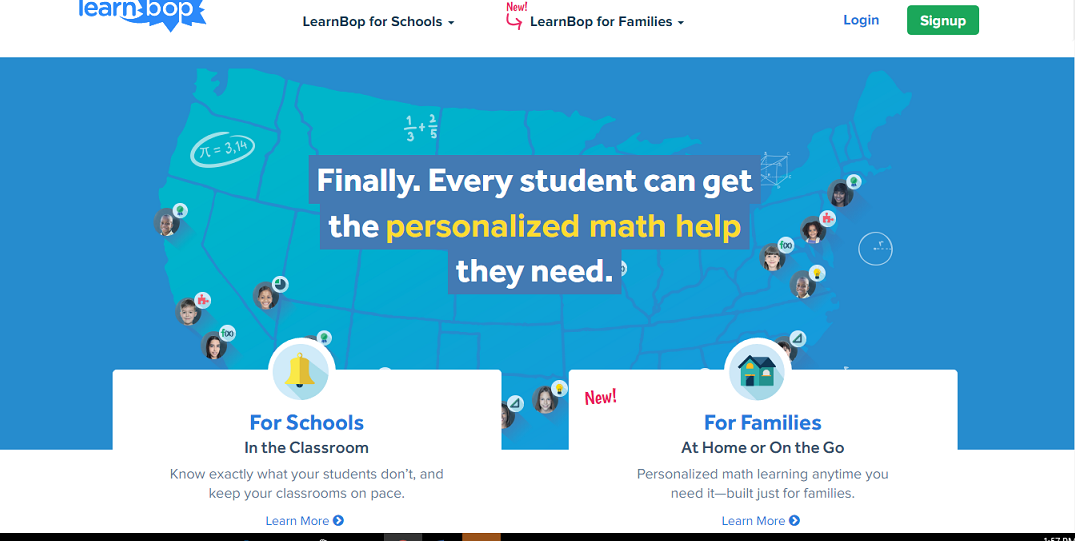3 Reasons to Create a Gender Inclusive Learning Climate for Girls
In a responsive model of instruction, teachers seek out and include examples of achievements from both genders. While women have come a long way since the days of Dr. Edward Clarke, it is still difficult to find a curriculum that reflects an equitable picture of female accomplishments. Progress has been slow to incorporate gender-fair terminology into textbooks.
The accomplishments of minority women, women with disabilities, local women from the community, and working class women all are important to help present a complete, realistic and equitable picture of female role models in society. It is valuable for young women to see the variety of ways in which females can impact their communities and their society, regardless of race, ethnic background or financial status. Teachers help overcome gender inequities and change present perceptions by presenting accomplishments, and experiences, of both men and women.
Let’s look at three reasons to create a more gender-responsive learning climate for girls in our country.
- Girls are not yet confident about their math and science skills. As discussed by Daniel Calder, according to a study conducted by Dr. Edith Sand, a Bank of Israel economist and teacher at Tel Aviv University’s Berglas School of Economics, and one of her colleagues, the idea that women are less skilled than men in mathematics discourage women from pursuing STEM careers.
To sum up the study, three groups of Israeli students were given two exams. For one exam, the tests were graded by scorers who did not know the students. For the other, the teacher who was familiar with the names of the students scored them. When the test was graded anonymously, the girls outscored the boys, but when the test was graded by a teacher who knew the student, the boys outscored the girls. Interestingly enough, this effect was absent in tests that did not have to do with mathematics.
Apparently, teachers to unconsciously overestimate the mathematical talents of boys while underestimating the mathematical skill in girls. These same boys tended to score higher than these same girls on matriculation exams, even though these were the same girls who had outscored these same boys on mathematical portions of anonymously graded tests.
- Girls are not going to college to pursue STEM careers. Over twice as many boys in high school take computer science advanced placement tests than girls every year. It is not uncommon for the boys at STEM high schools to outnumber the girls by three to one. Yet the Bureau of Labor Statistics reports that the job outlook in STEM fields is expected to grow at double the rate of other fields. The jobs of today, and the future, are in science, technology, engineering and math. This means that girls could miss out on the best job opportunities for them after college.
From preschool, boys and girls need more encouragement in STEM areas. If both genders are treated equally from the start, and held to the same standards, there will be no need for gender-specific schools as they get older.
- Girls need to see their potential and value their accomplishments. Blame the magazines, the movies, the models — blame Barbie — pin it on the pin-up girls, but the fact remains: girls struggle with the mixed messages about body image. Particularly impressionable adolescent girls struggle with bulimia, anorexia and the obsession with weight, and sometimes self-inflict injuries and other damage to their bodies.
Many girls who are bulimics and/or cutters have indicated that these actions are the only aspects of their lives over which they have control. Teachers lack the ubiquitous influence of the media to manipulate girls’ self-image. Advertising often pitches to the fundamental needs of the subconscious mind. Sex sells, to be frank — and while we cannot deny it, we do have some means to counter it.
Girls must be guided to see their potential in areas other than the physical. One helpful strategy is to acquaint young girls with the accomplishments of great women, including: Phyllis Wheatley, Marian Wright Edelman, Rosa Parks, Clara Barton, Mary Shelley, Jane Addams, Shirley Chisholm, Elizabeth Blackwell, Sacagawea, Wilma Mankiller, Isabel Allende, Deborah Sampson Gannett, Dolores Huerta, Frida Kahlo, Maya Angelou, Sonia Sotomayor, Margaret Sanger, Unity Dow, Sally Ride and other women who overcame great odds to be strong and successful.
Each of these women is a standout figure in history or in society because of her hard work, her inner strength and her determination. In a society where supermodels and sex appeal are overvalued, adolescent girls must be reminded of their important inner qualities.
Why do you think girls might need curricula that are more sensitive to their needs?




